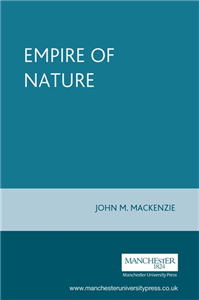Ice humanities
Living, thinking and working in a melting world
by Klaus Dodds, Sverker Sörlin
Ice humanities is a pioneering collection of essays that tackles the existential crisis posed by the planet's diminishing ice reserves. By the end of this century, we will likely be facing a world where sea ice no longer reliably forms in large areas of the Arctic Ocean, where glaciers have not just retreated but disappeared, where ice sheets collapse, and where permafrost is far from permanent. The ramifications of such change are not simply geophysical and biochemical. They are societal and cultural, and they are about value and loss. Where does this change leave our inherited ideas, knowledge and experiences of ice, snow, frost and frozen ground? How will human, animal and plant communities superbly adapted to cold and high places cope with less ice, or even none at all? The ecological services provided by ice are breath-taking, providing mobility, water and food security for hundreds of millions of people around the world, often Indigenous and vulnerable communities. The stakes could not be higher. Drawing on sources ranging from oral testimony to technical scientific expertise, this path-breaking collection sets out a highly compelling claim for the emerging field of ice humanities, convincingly demonstrating that the centrality of ice in human and non-human life is now impossible to ignore.











